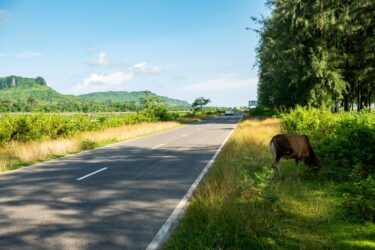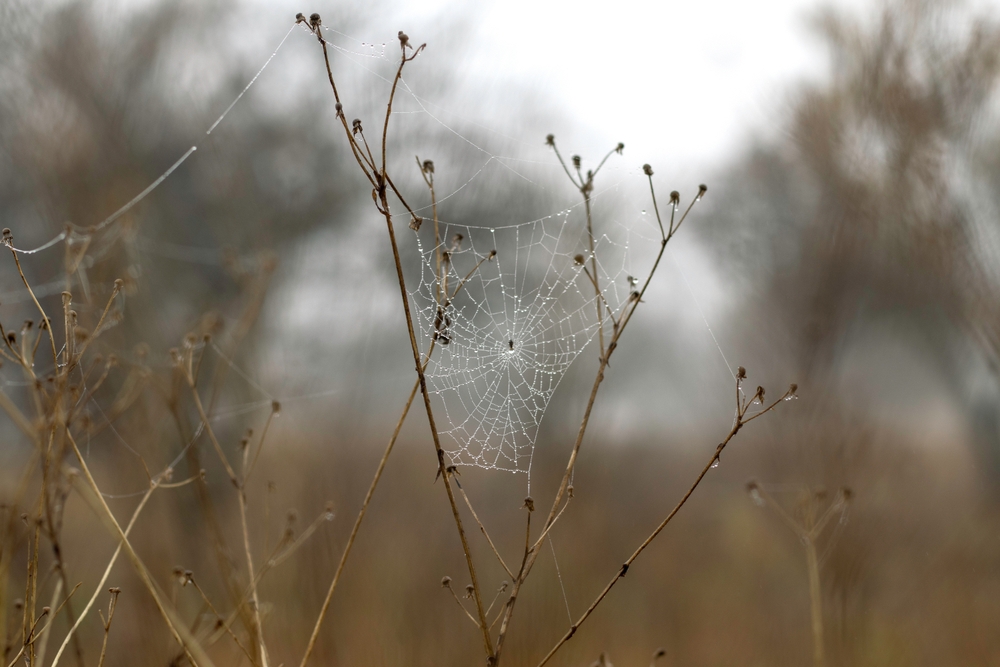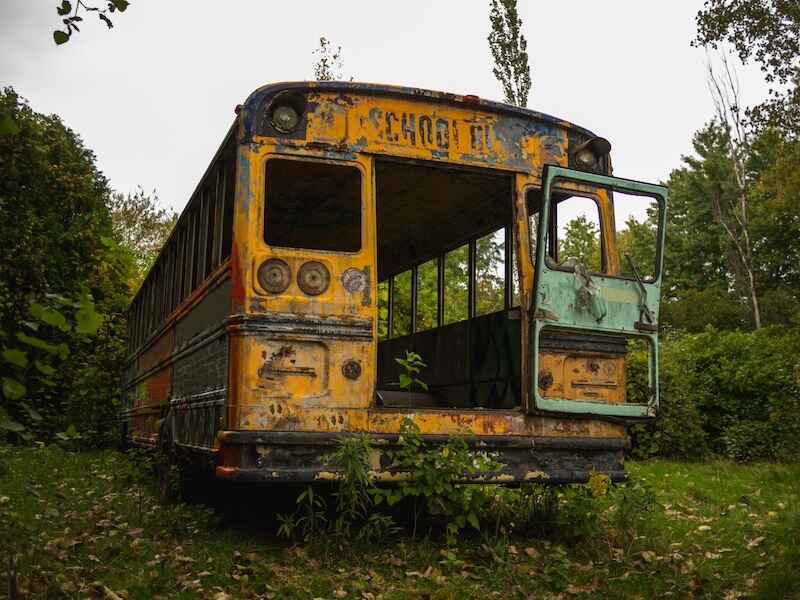Failure Is the Only Way to Fix America’s Woes
Joel Salatin|September 22, 2023

A couple of weeks ago, I was the keynote speaker at a large agriculture conference in Medellín, Colombia. It was my first visit to the country just southwest of Venezuela… known by most Americans as the seedbed of the drug cartels that rose up a couple of decades ago.
What a beautiful place. Imagine having 80-degree weather year-round and getting 80 inches of rainfall. What’s not to love?
The most striking feature of the landscape was not something natural. It was the fencing. Every plot of land, from country to city, had a fence around it.
Why? Because every blade of grass was mowed by animals, not machines. Even a medical clinic had a Guernsey milk cow out in front of it mowing the lawn. Steep areas, urban yards… everything was fenced for livestock.
The whole experience reminded me of Mexico, where expressway side ditches are mowed by tethered milk cows. I don’t know how they decide who gets access to what, but about every quarter-mile of roadway features a cow, and the farmers move the cows along each day.
Even a big city park enjoyed cow mowing. Six family milk cows grazed the park in an agreed-upon rotation. No batwing mowers.
To me, these kinds of grazing systems are far more progressive, in the big ecological scheme of things, than tractors and mowing machines.
With all the talk in our “developed” country about economic collapse, the World Economic Forum’s agenda and the general assault on the middle class, this recent visit renewed thoughts about what kinds of things an impoverished society may adopt.
If the U.S. actually slides further into economic chaos… with too-high inflation, reckless borrowing, a centralized currency, additional bureaucratic regulation and an impoverishing working class (coupled with an affluent ruling class)… what might people do to adapt?
And to survive?
Bring It Home
The first casualty would be the highly stratified and segregated society we’ve developed.
One of the most notable features of big cities in developing countries is how shanties butt up against shiny skyscrapers. Zoning laws in techno-sophisticated countries protect the elite from seeing the poor.
We even segregate communities based on square footage. If you can afford a 2,000-square-foot house, you can live in this section. If you can afford only a 1,200-square-foot house, you have to live in that section.
The historically integrated community – with the butcher, baker and candlestick maker living above their manufacturing facilities – has now been segregated into housing zones and manufacturing zones, requiring most people to travel each day between work and home.
One of the first responses to impoverishment is to figure out how to reduce travel and center life around the home.
That means the lawnmower gets replaced with a milk cow. The garbage disposal gets replaced with some backyard chickens. The grocery store gets replaced with a garden. Sugar gets replaced with a hive of honeybees.
My friend and fellow entrepreneur Dave Schafer, who founded Featherman Equipment, says we’ll know we’ve arrived at self-reliance when home-sized chicken pluckers are as common as lawnmowers.
The segregated mystique runs deep.
I consulted with an upscale prep school in Georgia a few years back, explaining how to take the campus in an environmentally friendly direction. I talked about using sheep to graze the lawn and planting apple trees along the sidewalks.
The science faculty was enthusiastic about my ideas. But the registrar complained, “The parents who send their children to our school don’t want to see sheep and vegetables on the landscape.”
Elitism, anyone?
Another solution would be putting seasonal extensions on homes. Solariums on the south side of every building north of the tropical zone would not only grow vegetables but also provide passive solar heat to reduce energy costs.
Every square foot around living spaces could be used for food production. Food forests would replace tangled “forest jungles” around urban and suburban areas.
Every time I drive to the airport in Charlottesville, Virginia, I’m struck by the acres and acres of vine-encroached and disheveled trees I see along the way.
Cutting away the vines and the crooked trees to free up space for the productive trees would at the very least yield some nice lumber in the future. Squirrels would still be abundant, as would deer.
A modicum of caretaking does not eliminate the beauty or functionality of wilderness.
Get Hungry
All of these changes would be positives for society. They’d give children meaningful tasks, they’d get people outside, and they’d promote physical activity and connect people to their food.
The contrast between rich, techno-sophisticated countries and countries that haven’t yet arrived is profound. Disconnection and segregation are not ecologically or emotionally positive. They are detrimental to both body and soul.
A milk cow on a hospital lawn is a good thing. If some poverty is what it takes for us to build some fences and graze a lawn instead of mowing it…
Then I’m eager to see some economic collapse.
Stewardship that integrates more of society would be a good thing, not a bad thing.
I say bring on the poverty if it makes us all recognize our dependence on the land. Bring it on if it pushes more people into having a relationship with food production.
Poverty can be a great catalyst for progress… because hunger makes us creative.

Joel Salatin
Joel Salatin calls himself a Christian libertarian environmentalist capitalist lunatic farmer. Others who like him call him the most famous farmer in the world, the high priest of the pasture, and the most eclectic thinker from Virginia since Thomas Jefferson. Those who don’t like him call him a bioterrorist, Typhoid Mary, a charlatan, and a starvation advocate. With a room full of debate trophies from high school and college days, 12 published books, and a thriving multigenerational family farm, he draws on a lifetime of food, farming and fantasy to entertain and inspire audiences around the world.



